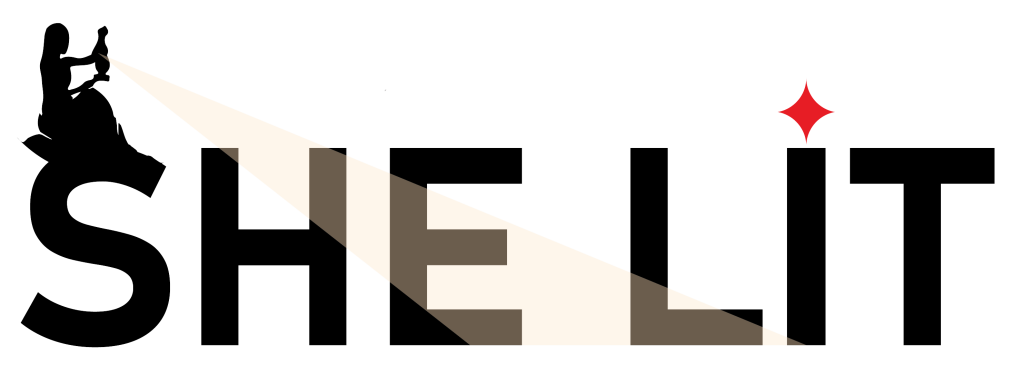In a world that’s constantly evolving, so are the roles of women. Traditionally viewed as homemakers and caregivers, many women are now rewriting their stories—transforming from full-time homemakers into skilled coders, developers, and tech professionals. These journeys are not just about learning programming languages; they are about courage, resilience, and redefining identity.
The Turning Point: A Desire for More
For many homemakers, the decision to enter the tech world doesn’t come from ambition alone , it often stems from a deeper desire to be financially independent, contribute meaningfully, and set an example for their children.
Take Ankita Sharma, a 35-year-old mother of two from Jaipur. After a decade of managing home and family, Ankita realized she wanted to rediscover her individuality. “I wasn’t just someone’s wife or mother , I was still me, and I had dreams,” she says. Enrolling in an online Python course late at night, she juggled coding assignments with her children’s homework. Today, Ankita works as a junior software developer for a fintech startup.
Learning from Scratch, Literally
Most of these women had no prior experience with computers beyond using WhatsApp or browsing the internet. What made the difference? Access to online learning platforms, community support groups, and their own relentless determination.
Mehnaz Ali, from Hyderabad, dropped out of her career in HR after marriage. Years later, with her husband’s encouragement and free YouTube tutorials, she began learning front-end development. “I had zero background in tech, but I had curiosity, and that was enough to start,” she shares.
Challenges: Social Pressure, Self-Doubt & Time Management
Transitioning from homemaker to coder isn’t smooth. These women often fight battles on two fronts—external and internal. From relatives mocking their efforts to battling imposter syndrome, their journey demands mental and emotional strength.
But they persist. Why? Because they know the power of financial freedom and self-worth.
Support Systems Matter
Programs like She Codes, Girls Who Code, and freeCodeCamp have been instrumental in helping women upskill. Platforms like LinkedIn, Coursera, and Udemy offer affordable or free tech learning for anyone with a smartphone and internet connection.
Many women also create their own support networks. WhatsApp groups, virtual coding clubs, and mentorship communities have emerged, where homemakers-turned-learners help each other with errors, debugging, and motivation.
It’s Not Just About Coding
These transitions symbolize more than career change, they’re about empowerment, confidence, and the realization that learning has no age or gender limit.
When a homemaker becomes a coder, she’s not just writing code—she’s rewriting her story.
SheLit

